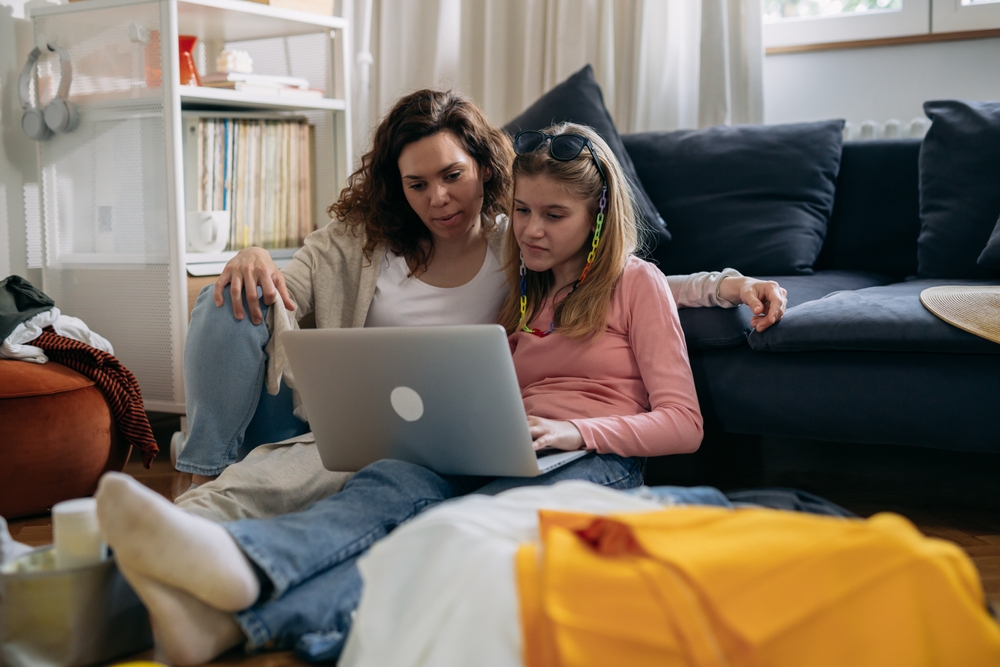Elections, and politics in general, often feel to kids like adult conversations that leave them on the sidelines. Yet, instilling an understanding of our electoral process, media literacy, and a sense of patriotism is vital for developing informed and productive future citizens. In this article, we explore practical strategies for parents to engage their children in discussions about elections, teach them how to navigate media representation, and cultivate a strong sense of patriotism.
Understanding Elections: Why It Matters for Kids
The Importance of Early Engagement
Children are often curious about the world around them, and elections are a fundamental component of society. Engaging kids in conversations about elections is essential for several reasons:
- Awareness: Familiarizing kids with the political system helps them understand the society they live in.
- Empowerment: Teaching kids that their voice matters encourages civic engagement as they grow older.
- Critical Thinking: Discussing elections helps develop critical thinking skills, enabling kids to analyze information rather than accept it blindly.
As parents, you can use upcoming elections as an opportunity to teach your children about the electoral process in age-appropriate ways.

Media Literacy: Teaching Kids to Navigate Information
Avoiding Misinformation
In today’s digital age, children are bombarded with information from various media sources. Teaching them how to discern credible information from misinformation is crucial. Show kids how to evaluate news outlets for their nonpartisanship, balance, and commitment to objective reporting. By learning how to identify credible sources, children can develop a more balanced view of the political landscape.
Encouraging kids to read a variety of news stories and perspectives allows them to think critically about the issues that impact their lives, such as education or law and order. Prompting discussions with guiding questions, such as “How do you think this policy might impact your school?” or “What changes would you like to see in your community?” fosters independent thinking and empowers children to form their own opinions based on thorough information rather than absorbing viewpoints uncritically.
Introducing kids to C-SPAN can be a valuable exercise in understanding government processes and forming opinions based on fact. By providing unedited coverage of congressional sessions and public hearings, C-SPAN allows viewers to witness decision-making processes in real time. This direct access enables children to draw their own conclusions without the framing often found in edited news segments. Such experiences can help cultivate informed, thoughtful citizens who are not only aware of the issues at hand but also motivated to engage in discussions about their community and the broader world.
Here are some techniques to foster media literacy:
Identify Reliable Sources
Begin by discussing the difference between credible news sources and sensationalist media. Introduce your kids to a variety of news outlets with varied views. Encourage them to ask critical questions like:
- Who authored this article?
- What is the purpose of this source?
- Are there credible sources cited within the text?
Fact-Checking Skills
Make sure kids know that even fact-checking websites can show bias. Together with your child, check a variety of fact checkers. Show them how the framing of the same fact by different fact checking websites can skew or cover up the truth. Talk about the way public opinion might be shaped by fact-checking or media bias. Make it a fun family activity to validate the claims made in the news or social media posts. Teach your children how to verify facts through independent online research.
Discuss Media Bias
Help kids understand that every source has some level of bias. Teach them to recognize the language used in articles and how it may slant the information presented. Engaging in discussions about different perspectives can foster empathy and open-mindedness.

Engaging Kids During Elections
Educational and Interactive Activities
Here are some engaging activities that will get your kids involved during election season:
Family Voting Day
Treat voting day like a family holiday. Everyone can participate in the process, and older kids can assist with tasks such as researching candidates and issues. Celebrate afterward with a special dinner where everyone can discuss their thoughts about the election.
Mock Elections
Organize a mock election at home or within your local community. Create a ballot with issues that matter to your kids and let them vote on their preferences. After the voting, discuss the outcome and talk about the importance of each issue.
Candidate Discussions
Encourage discussions about the candidates running for office. Use child-friendly language to explain their platforms and positions. Ask open-ended questions, such as, “What do you think about what candidate X said about education?” This encourages children to think critically about political issues.

Patriotism: Cultivating Love for Country
Defining Patriotism
Patriotism often conjures images of flags and national anthems, but it involves deeper values as well. Discuss with your children what it means to be patriotic, stressing the importance of values like justice, equality, and freedom.
Historical Context
Share stories of historical figures and events that led to the establishment of democratic principles. Discuss the importance of civic duty and how individuals can contribute to their community and country.
Volunteerism
Encourage your kids to get involved in community service. Volunteering promotes a sense of belonging and pride in one’s community, and it fosters the understanding that love for one’s country can be demonstrated through service.
Celebrating Diversity in Patriotism
Patriotism does not imply blind loyalty. Teach your kids to appreciate the diversity within your country. Understanding that people have different perspectives based on their backgrounds cultivates empathy and broadens their worldview. Discuss how diverse voices contribute to the nation and should be valued and respected.

Navigating Family Discussions on Sensitive Topics
Creating an Elections Safe Space
Political discussions can quickly escalate, especially in a polarized climate. Establish ground rules for family discussions:
- Promote respect and active listening.
- Allow everyone to voice their opinions.
- Encourage researching facts before forming strong opinions.
Creating a respectful environment fosters open dialogue, allowing children to express their thoughts and feelings without fear of reprimand.
Handling Elections Disagreements
Teach children that disagreements are a natural part of political discussions. Use role-playing to demonstrate how to engage with differing opinions while remaining respectful. Encourage them to understand that differing views are an opportunity for learning and growth.
Conclusion: Preparing Informed Future Citizens
By actively engaging children in discussions about elections, media literacy, and patriotism, you lay the groundwork for them to become informed and responsible citizens. Equip them with the tools they need to critically evaluate information, understand their civic duties, and appreciate the diversity that strengthens their country.
This ongoing conversation will not only reinforce your values as a parent but will also empower your children to take an active role in shaping the society they live in. As they grow older, their understanding of these principles will enable them to appreciate the democratic process and inspire them to contribute positively to their communities and to the nation.
